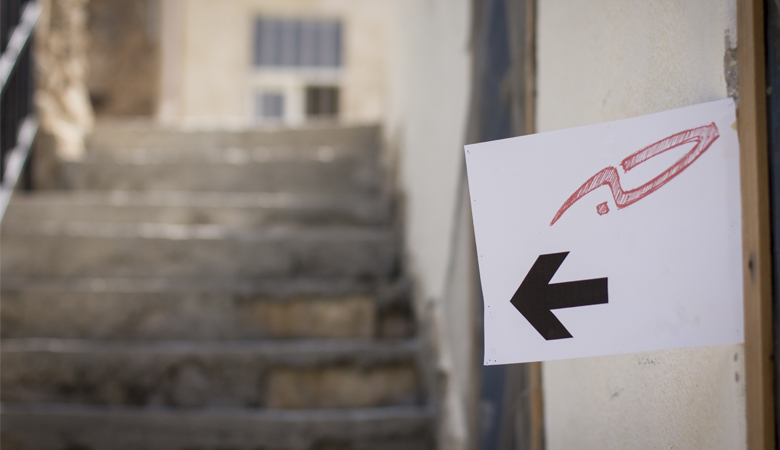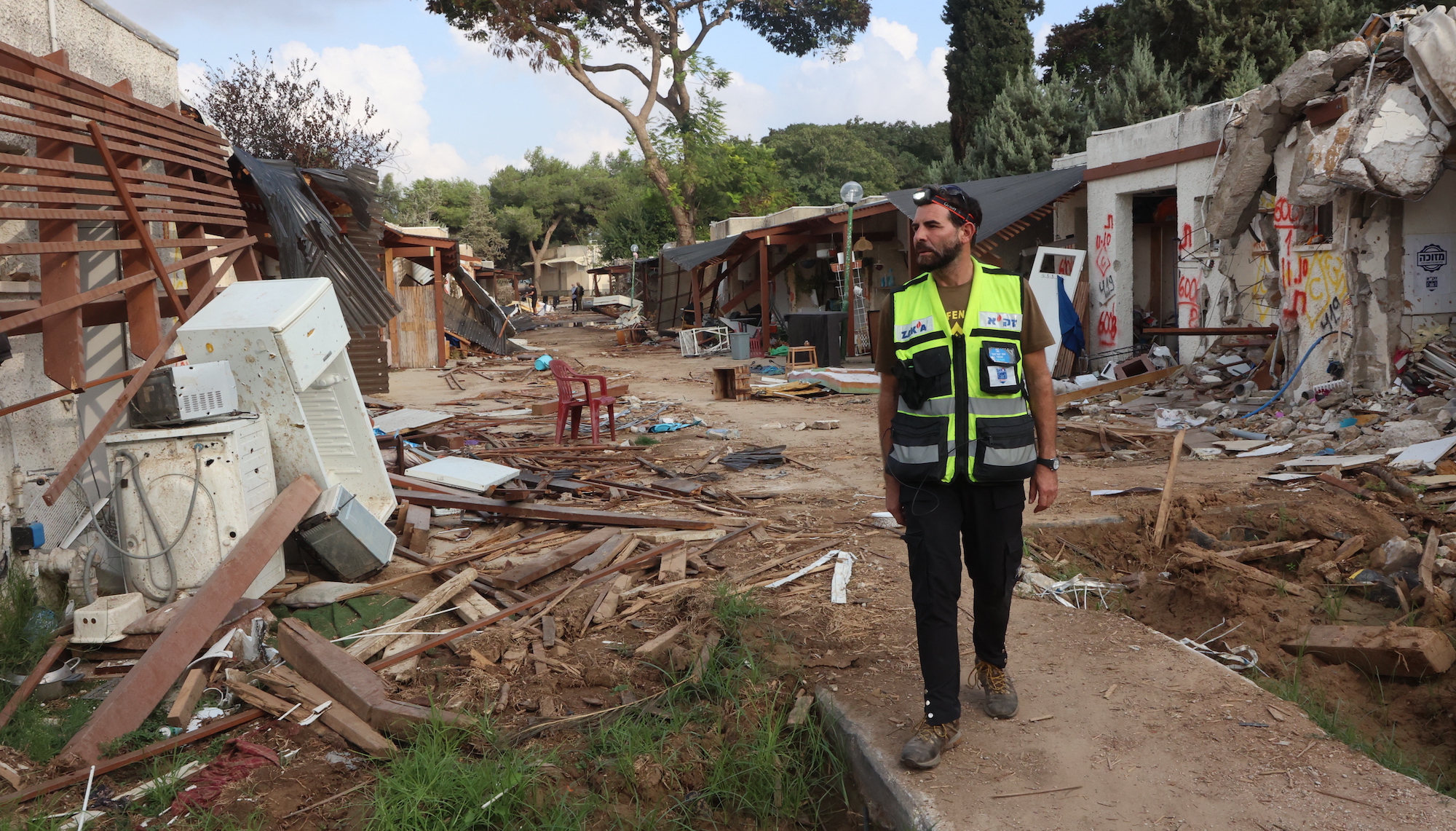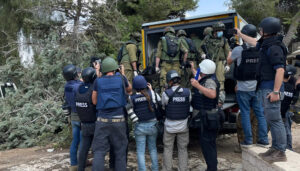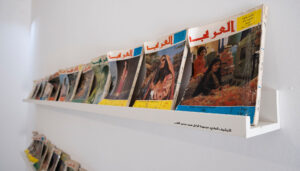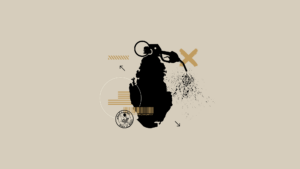As we approach four years since the Arab Spring took off in Tunisia in December 2010, it is clear that the hope and momentum for positive change it sparked at the beginning have long been replaced with fear, deep cynicism, and a retreat to the false dichotomy of “stability vs. freedom”. The summer of 2014 has been especially turbulent with conflicts new and old taking center stage.
As the summer winds down and kids around the world go back to school, we here at 7iber are reeling from the latest attempt to silence us. On August 21, the government ordered ISPs to block access to 7iber.net, the domain we had been using for less than two months (after 7iber.org was blocked). We switched to 7iber.me, but it took less than two days for it to be blocked, clearly signalling that our approach of bypassing censorship by switching domains can no longer work.
The government says that websites can avoid being blocked by getting a license from the Media Commission, based on amendments to the Press and Publications Law passed in September 2012. 7iber was part of a coalition of journalists, bloggers, techies, and rights activists who protested against the proposed amendments. Despite local and international outcries against it, the law was passed swiftly. This was followed by the blocking of over 200 unlicensed websites in June 2013, 7iber.com included.
Along with five other websites, we tried to challenge the ban in the Higher Court of Justice, but our cases were dismissed. Most websites got licensed, but we didn’t, continuing to operate for a whole year under our mirror site, 7iber.org, before it was blocked.
Despite these repeated attempts to block the website since 2013 (or perhaps because of them), our hits have continued to grow and our audience on social media platforms increased dramatically. Our belief in press freedom and freedom of expression remains unwavering, and we view the current law as the biggest restriction against these freedoms. However, our attempts to fight the law by refusing to license have failed. In order to reach our audience and to have an impact with the kind of journalism we strive to produce, we now need to find a way to operate under the law.
It isn’t simple. In order to get licensed, a website’s editor in chief needs to have been a member of the Jordan Press Association (JPA) for at least four years. The JPA was always shut off to journalists in online media until only a month ago, which means that even if our editors and team members finally become members, they can’t fulfill the four-year condition. Some websites resorted to asking a member of the JPA to be a nominal editor in chief for licensing purposes only, but this comes with legal liabilities, and we don’t want anyone to impose restrictions on the content we produce. We’re exploring other options, like registering a media company abroad, but in order for reporters of external media outlets to get accreditation in Jordan, they have to be members of the JPA, and in a classic catch 22 situation, the JPA still does not grant membership to journalists working with external media.
We’re still looking for a solution, and we will keep our readers and followers updated on the process.
7iber started as a blog and citizen media platform before evolving into an online publication that strives to produce professional journalism. Yet some things never change. 7iber unapologetically stands for universal human rights, freedom of expression and access toinformation. We are committed to providing intelligent and articulate content from Jordan and the Middle East that offers our readers a fresh perspective and critical take on mainstream narrative, and helps them sift through the noise, understand issues in the news in a better way, and develop an informed opinion.
While some things don’t change, others are bound to. We’ve experimented with new multimedia formats to tell stories. Our team has grown, and we are exploring ways to generate revenue and sustain our work without being dependent on grants.
In the coming few months we’ll be experimenting even more with formats and digital storytelling. We are also expanding our reach around the Middle East and you’ll be seeing a lot more content and engagement from Occupied Palestine, Egypt, Iraq, Lebanon and other communities. We’ll be looking more deeply at specific topics. We are exploring more content partnerships with like-minded media outlets around the region to bring you more in depth, exciting and high quality content from around the Arab world.
It’s also a very exciting time as we are operating out of our new space in Jabal Amman. The 7iber Space is a co-working, event and office space based in the heart of old Amman, just off of Rainbow Street and just above the Balad. In our new space we have a café and beautiful areas to enjoy a coffee and conversation or work on an exciting project. If you haven’t attended an event in our new space, please subscribe to our mailing list to stay informed of upcoming activities.
In writing this post, we hope to open a space for conversations, ideas and discussion about the future of media in the Middle East. We are growing and hope that we can evolve in a way that is useful to society, protects basic rights, and inspires and challenges people to leave the world in better shape than how they found it. Media is powerful and we hope to wield that power to create positive change.
In the coming few months, we’ll be sharing articles that we are reading, ideas we’re developing, and lessons we’re learning and that we hope you will participate in discussing with us.
